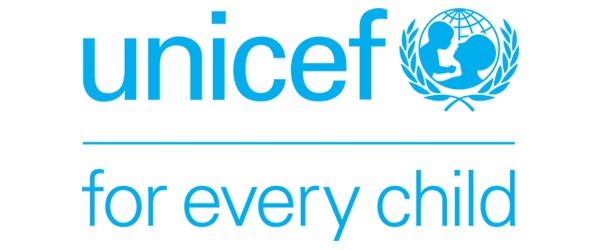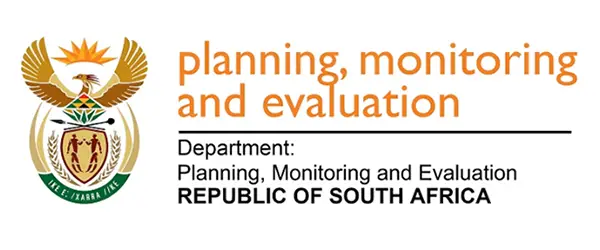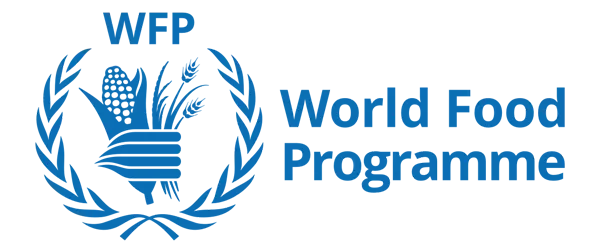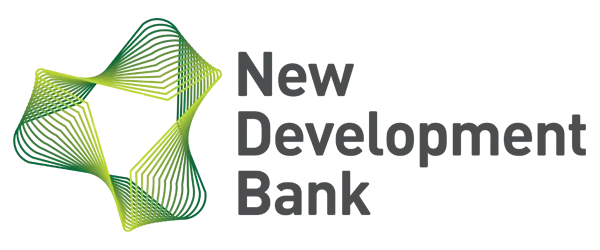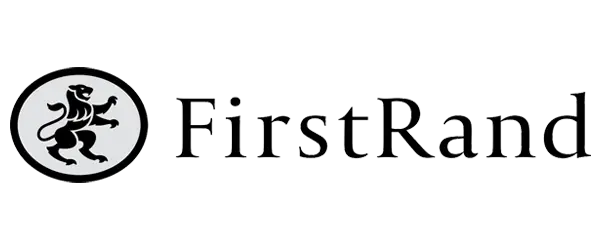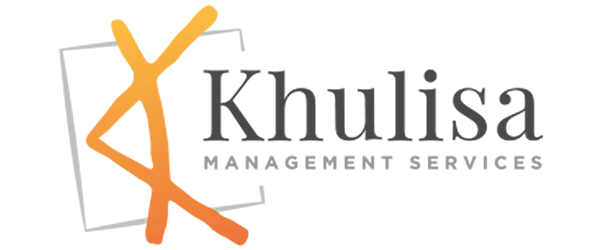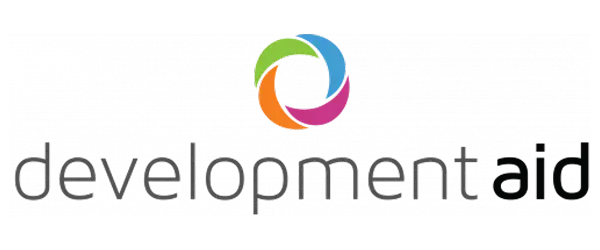Who is SAMEA?
SAMEA originated from the formalisation of the South African Evaluation Network (SAENet), which began as an informal network to foster a community of evaluators and those interested in evaluation within South Africa.
The foundation of SAENet was laid after renowned evaluator, Prof. Michael Quinn Patton, visited South Africa in April 2002. His courses attracted over 300 participants from various sectors, both local and international. During his visit, the need for a formal evaluation network became clear, and Zenda Ofir from Evalnet was tasked with driving this initiative forward. By the end of 2003, SAENet had evolved into a dynamic monitoring and evaluation (M&E) forum, boasting 400 members.
The 3rd AfrEA Conference, held in Cape Town in December 2004, provided a pivotal moment for SAENet’s development. During the conference, Zenda Ofir convened a special meeting with over 70 South African participants to discuss the network’s future. This meeting resulted in the formation of a Task Team of 16 volunteers, with the mandate to formalise SAENet’s governance, operations, and key objectives.
A concept document outlining the organisation’s vision, mission, and goals was drafted, and feedback was gathered from the South African evaluation community through a public stakeholder workshop and an online survey. Informed by this input, the Task Team’s efforts culminated in the launch of SAMEA—the South African Monitoring and Evaluation Association—in November 2005.
SAMEA originated from the formalisation of the South African Evaluation Network (SAENet), which began as an informal network to foster a community of evaluators and those interested in evaluation within South Africa.
The foundation of SAENet was laid after renowned evaluator, Prof. Michael Quinn Patton, visited South Africa in April 2002. His courses attracted over 300 participants from various sectors, both local and international. During his visit, the need for a formal evaluation network became clear, and Zenda Ofir from Evalnet was tasked with driving this initiative forward. By the end of 2003, SAENet had evolved into a dynamic monitoring and evaluation (M&E) forum, boasting 400 members.
The 3rd AfrEA Conference, held in Cape Town in December 2004, provided a pivotal moment for SAENet’s development. During the conference, Zenda Ofir convened a special meeting with over 70 South African participants to discuss the network’s future. This meeting resulted in the formation of a Task Team of 16 volunteers, with the mandate to formalise SAENet’s governance, operations, and key objectives.
A concept document outlining the organisation’s vision, mission, and goals was drafted, and feedback was gathered from the South African evaluation community through a public stakeholder workshop and an online survey. Informed by this input, the Task Team’s efforts culminated in the launch of SAMEA—the South African Monitoring and Evaluation Association—in November 2005.
Strategic Focus Areas in 2025
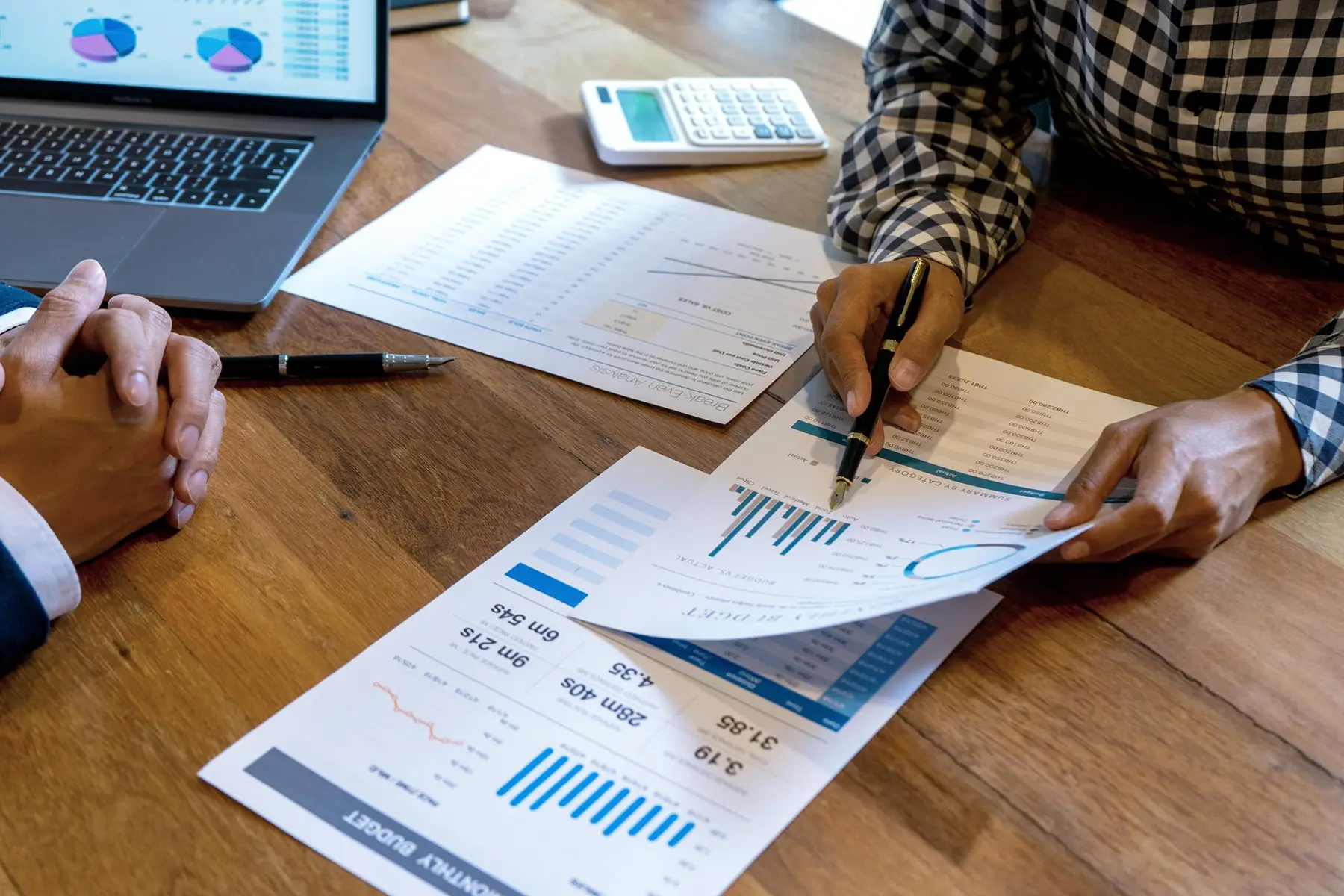
Emerging Evaluators, Capacity Building, Professionalisation, and Competencies
A core mandate of SAMEA is to foster the development of monitoring and evaluation (M&E) capacities while enhancing the professionalism of practitioners. SAMEA offers a range of capacity-building and professional development initiatives, including workshops, webinars, and conferences, all designed to meet the evolving needs of our members and the wider M&E community.
A key component of our efforts is the Emerging Evaluators (EE) Programme, which nurtures the next generation of evaluators. Through initiatives like the Young Emerging Evaluators (YEE) 12-month Immersion Programme, short-term work opportunities, and the Emerging Evaluators Topical Interest Group (EE TIG), this programme equips aspiring professionals with invaluable M&E experience and offers platforms for growth and meaningful contribution to the field.
For 2024–2025, this portfolio aims to see Emerging Evaluators gain substantial M&E experience through the EE programme and other facilitated opportunities. Additionally, we are committed to ensuring that SAMEA members and the broader M&E community benefit from enhanced professional capabilities through active engagement with the South African Evaluation Competency Framework and participation in our highly anticipated 9th Biennial SAMEA Conference and post-conference workshops.

M&E for Just Transition
The M&E for Just Transition portfolio focuses on the role of monitoring and evaluation in promoting a more equitable and environmentally sustainable South Africa. Its aim is to integrate issues of equity, climate, and ecosystem health into M&E systems, thereby contributing to the transformation of policies and programmes to better address these systemic challenges.
This portfolio seeks to achieve its vision through ongoing advocacy and capacity development centred on two new evaluation criteria and guidelines—Climate and Ecosystems Health (CEH) and Transformative Equity—which were developed during the SAMEA Evaluation Hackathon in 2021.
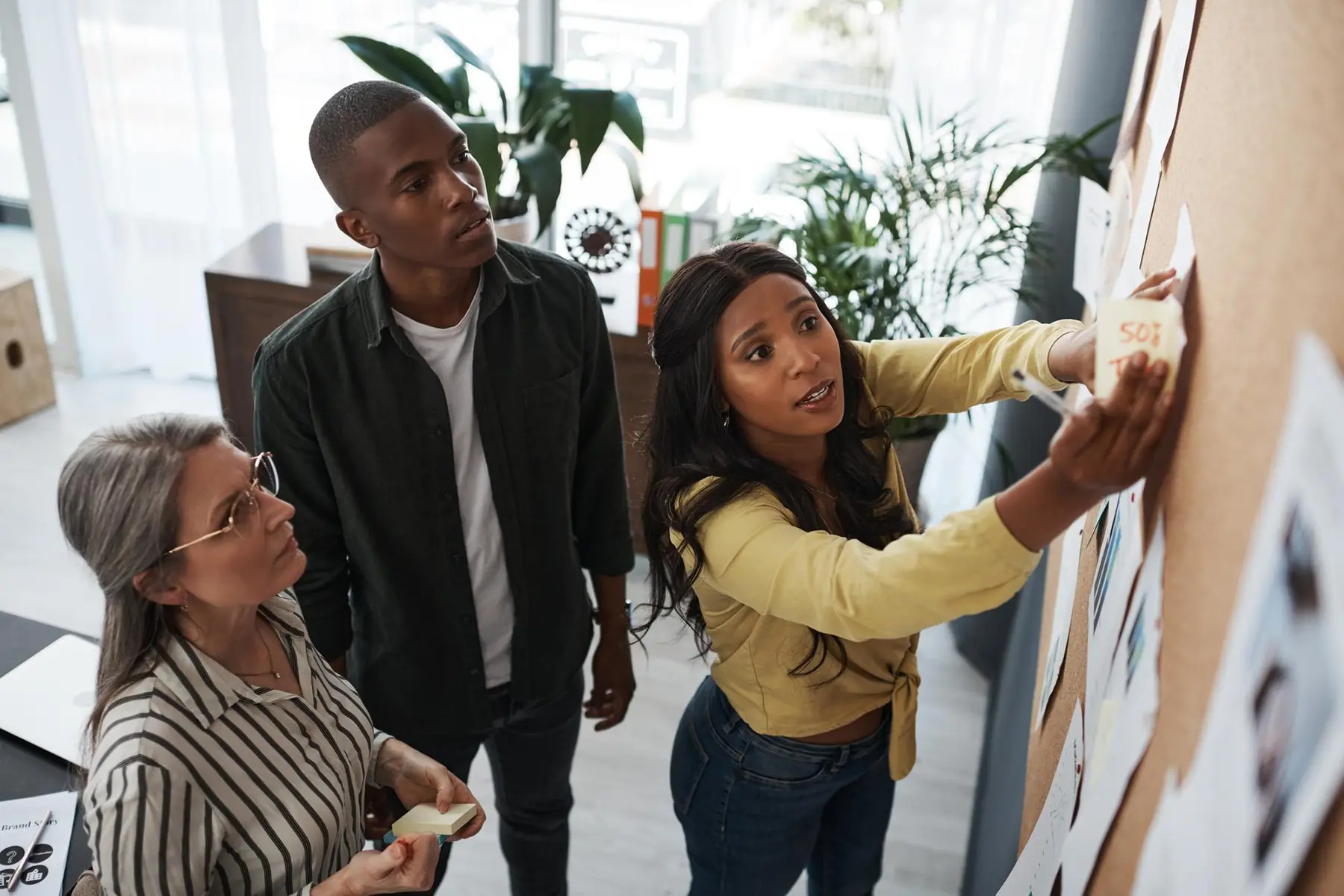
M&E for Continuous Adaptive Management, Reflection, and Learning
Traditional monitoring and evaluation (M&E) has often been critiqued for being too slow to respond to crises, where agility is essential, and for providing evidence too late to support adaptive decision-making in complex and uncertain situations. To address these limitations, M&E must evolve to support learning in more rapid and responsive ways, ensuring that the evidence produced feeds effectively into planning, management, and decision-making processes.
Adaptive management requires M&E to be part of continuous learning cycles, where monitoring informs reflection and action. Evaluations should be conducted before and during interventions, not just at the end, with a variety of evaluative practices employed to respond to the needs of planning, management, and implementation.
In 2024–2025, our focus will expand to equip emerging evaluators with practical skills in conducting virtual evaluations, meeting the demand for agile and responsive approaches in crises, and ensuring timely evidence for informed decision-making. Through these efforts, SAMEA promotes evaluative thinking and adaptive management practices, leading the way in innovative M&E. This portfolio will also continue to build awareness and capacity for conducting rapid and virtual evaluations, while fostering adaptive approaches to support effective programme management.
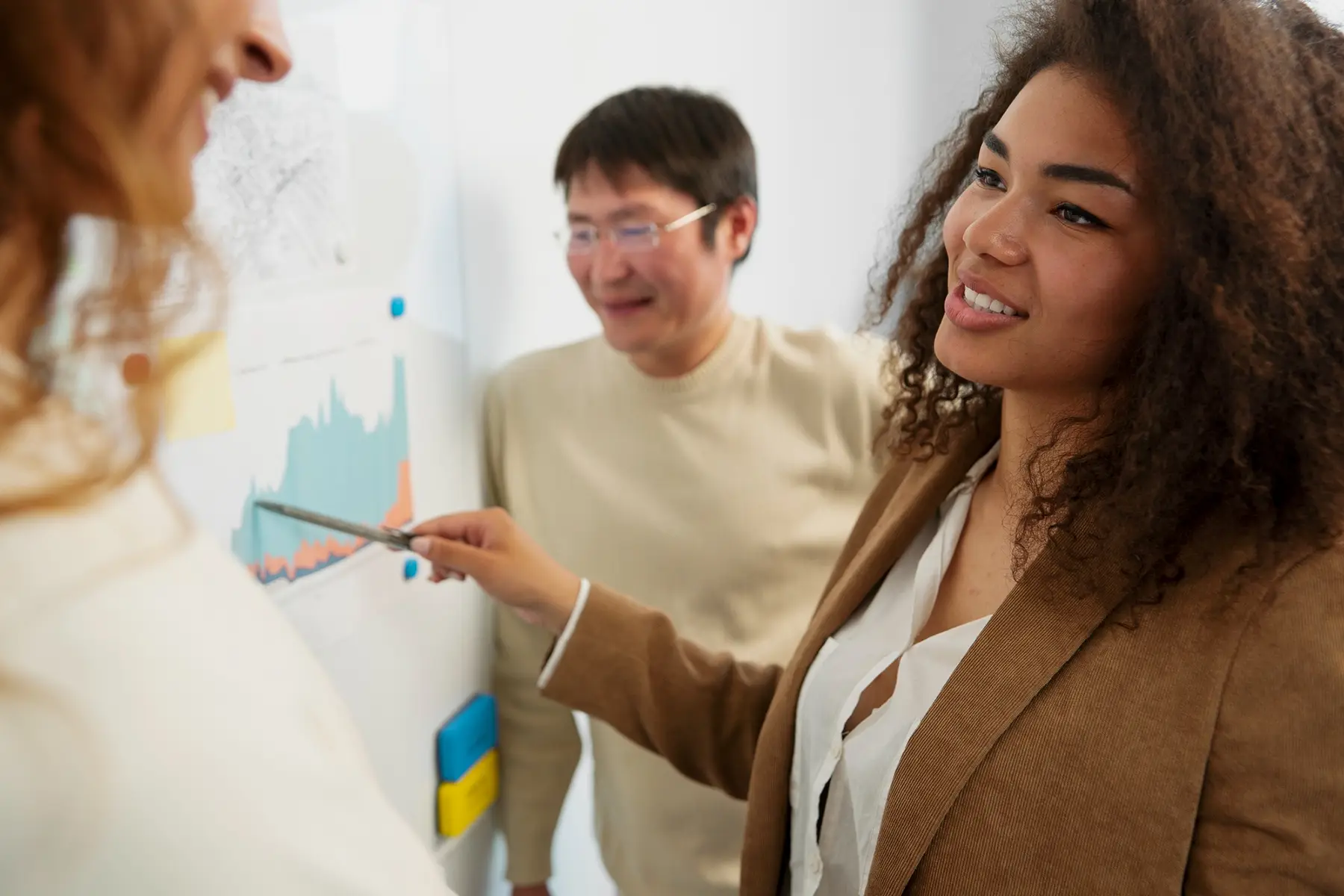
Made in Africa Evaluation
Mainstream evaluation approaches used in Africa often marginalise both African knowledge systems and African evaluators. Achieving a Made in Africa Evaluation (MAE) requires a deconstruction of centuries of Western/European epistemological dominance over African indigenous knowledge. In the monitoring and evaluation field, institutionalised approaches and value systems from the Global North must be critically examined, while recognising and uplifting Africa’s own endogenous and indigenous paradigms.
Reconstructing and repositioning the value of Made in Africa Evaluation is essential. SAMEA, through its MAE thematic area, seeks to deepen its work on Made in Africa Evaluation and Indigenous Knowledge Systems (IKS) within monitoring and evaluation at both programmatic and systemic levels.
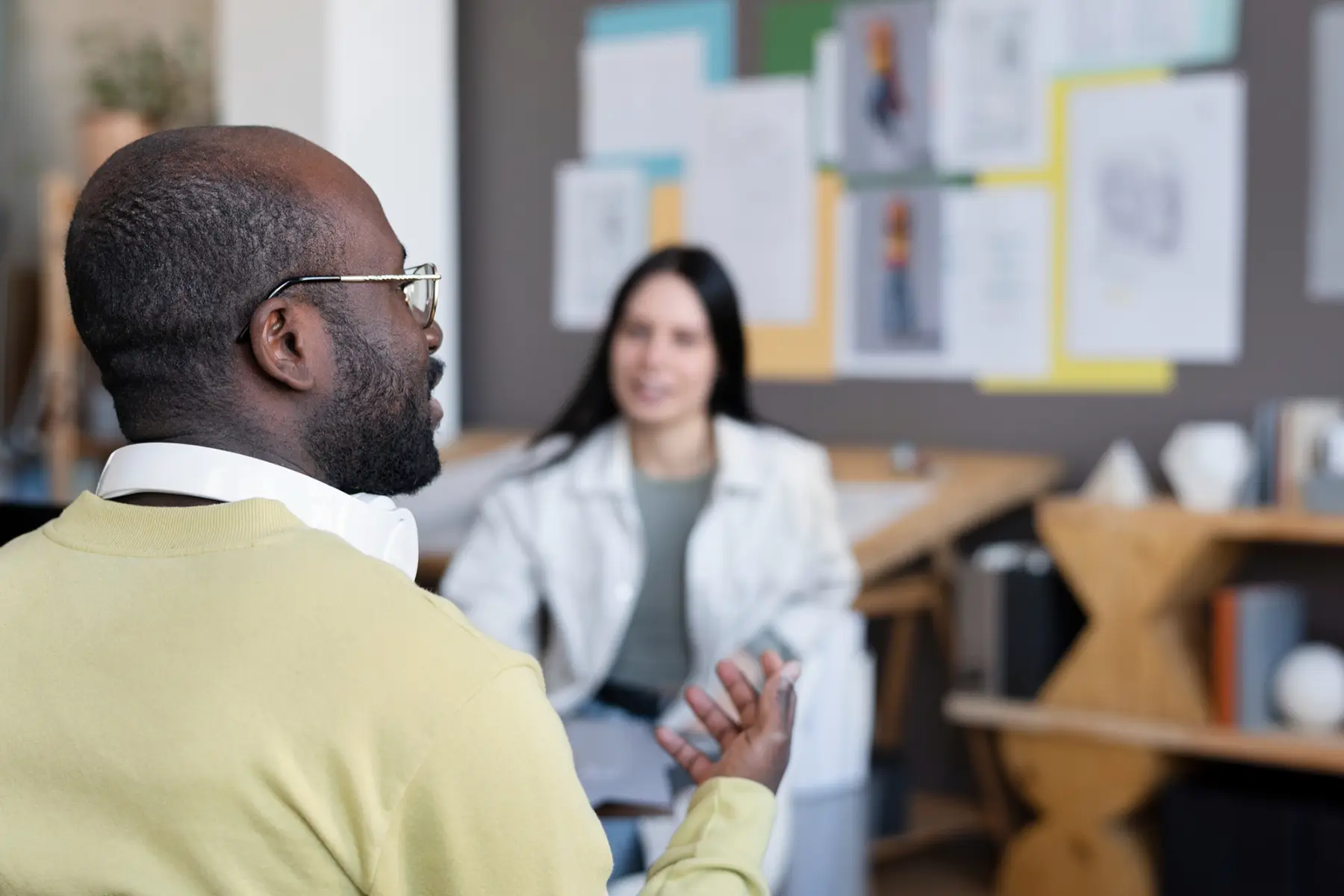
Tech-Enabled MERL
The Tech-Enabled MERL Community of Practice (CoP) focuses on creating a collaborative space where professionals from various backgrounds can explore the role of technology in Monitoring, Evaluation, Research, and Learning (MERL). Through this CoP, we aim to facilitate knowledge sharing, learning, and discussion on complex technological topics, while supporting proactive responses to emerging digital trends.
In 2024–2025, we plan to organise a data innovation challenge, continue hosting Tech-Enabled MERL CoP meetings, and provide ongoing opportunities for practical workshops and use case demonstrations. We will also collaborate with the M&E for Adaptive Management portfolio to build awareness and capacity among M&E practitioners on new methodologies and technologies, such as artificial intelligence (AI).
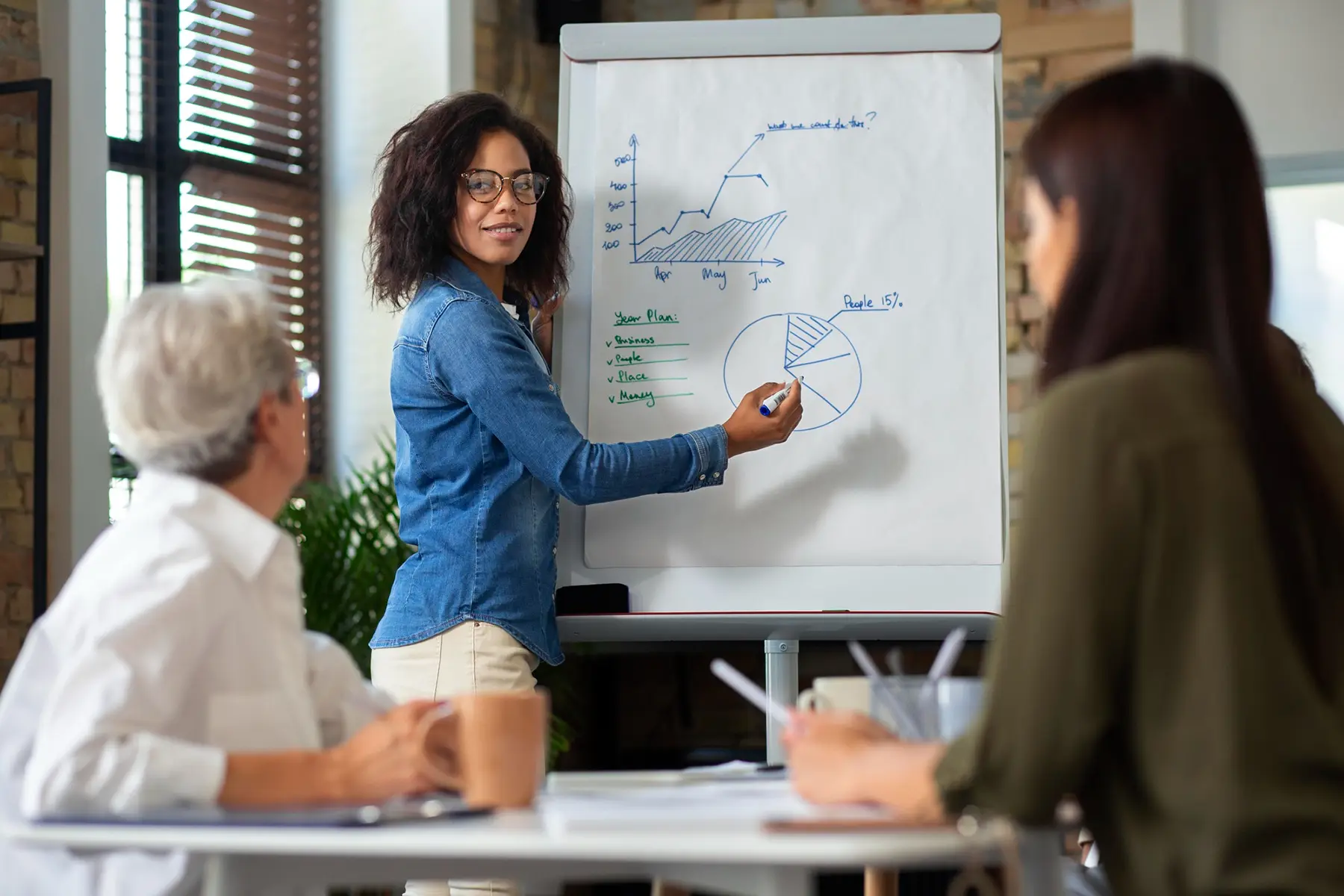
M&E for Investing in Impact
M&E for Investing in Impact refers to the investment approach that aims to generate both social and financial returns. The social return, known as “impact,” is crucial for developing the investment thesis and measuring fund performance. Impact measurement has become increasingly vital in decision-making across both private and public sectors. Despite the development of several frameworks for measuring and managing impact (IMM) in recent years, these approaches and tools, while similar to Monitoring and Evaluation (M&E), have often been developed independently and are generally not aligned with the activities of M&E bodies and professionals.
This thematic area seeks to bridge the gap between the social investment sector and SAMEA’s membership by creating networking opportunities and providing a platform for the SAMEA community to engage in discussions on IMM practices. It also aims to facilitate capacity building and knowledge sharing among stakeholders.
Interested in learning more about monitoring and evaluation and impact investing? Connect with the IMM Community of Practice, which hosts quarterly virtual meetings.
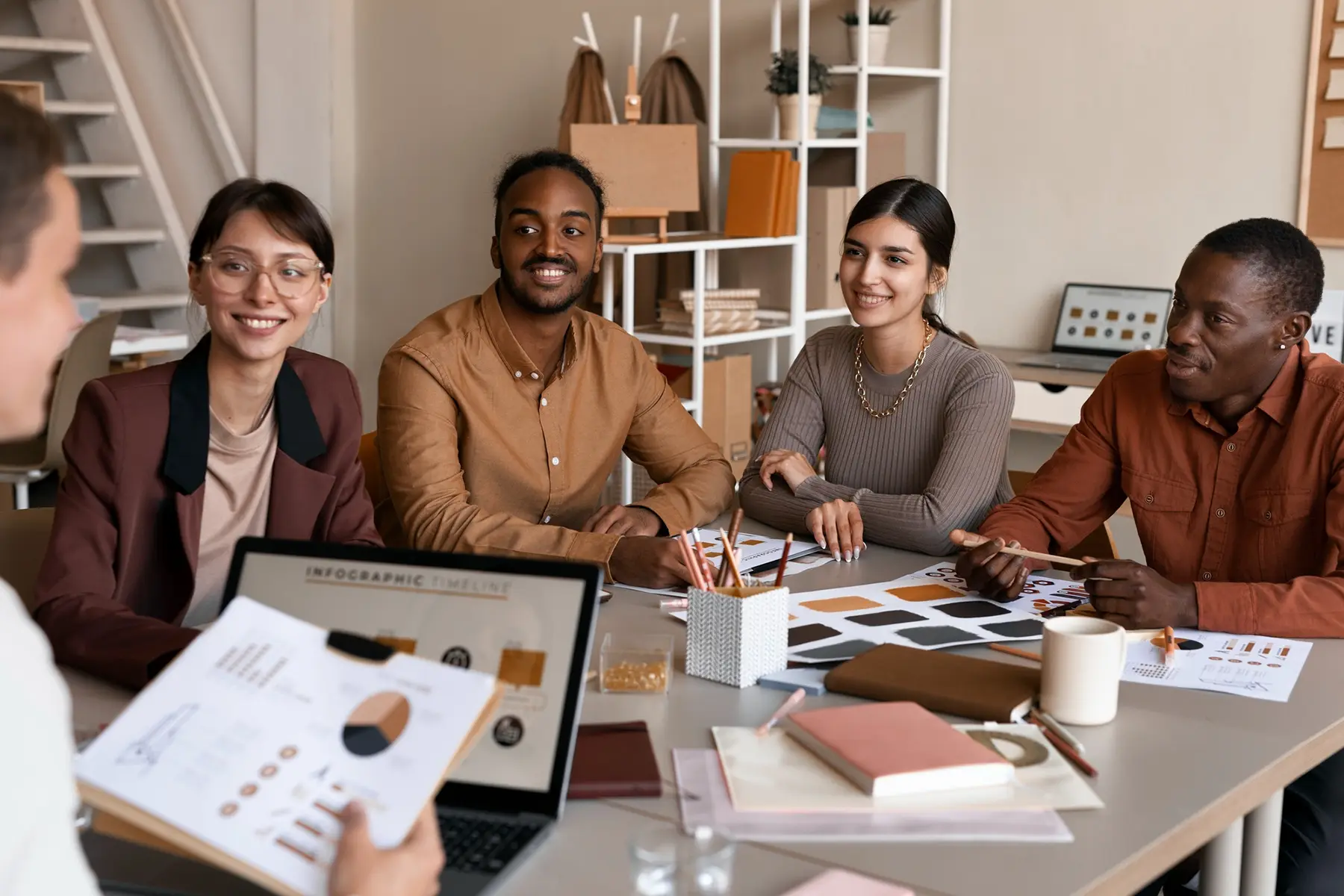
SAMEA-DPME Local Government Community of Practice
Following the establishment of the Department of Planning, Monitoring, and Evaluation (DPME) in 2009 and the publication of the National Evaluation Policy Framework (NEPF) in 2011, South Africa experienced a “first wave” of institutionalisation of evaluations, primarily within national and provincial departments, with some notable exceptions in metropolitan areas (e.g., the M&E framework and evaluations by the City of Johannesburg and eThekwini Metro). The 2019 update to the NEPF aimed to build evaluation capacity in local government and public entities.
Despite these efforts, there has been limited interaction among local government M&E practitioners, particularly in terms of sharing experiences and learning. While existing metro M&E networks address some needs, they cater primarily to city officials and are focused on metropolitan-specific issues. To address these gaps, the Local Government Community of Practice (LG CoP) was established in 2023 with the following objectives:
- To create a regular forum for discussing local government M&E issues.
- To complement existing intergovernmental M&E forums and committees by facilitating interactions among government officials, researchers, think tanks, consultants, and students interested in this field.
- To foster reciprocal relationships that enable the sharing of events, news, critical discussions, resources, and mutual learning.
- The CoP meets bi-monthly, with an average attendance of 110 stakeholders from across South Africa and neighbouring SADC countries.

Visit our Community of Practice
Engage with SAMEA’s dynamic Learning Communities to connect with professionals, share knowledge, and collaborate on key monitoring and evaluation (M&E) topics. These communities provide a platform for in-depth discussions, learning opportunities, and practical support on various thematic areas within M&E. Whether you’re looking to exchange ideas or enhance your skills, our learning communities offer a valuable space to network and contribute to the advancement of M&E in South Africa and beyond.
Stay informed and get involved by joining a Listserv today!
Partners and Collaborators
SAMEA extends its sincere gratitude to the following Partners and Collaborators for their invaluable support and contributions. Their commitment and collaboration play a pivotal role in advancing the practice of monitoring and evaluation, and in promoting equitable and sustainable development across South Africa.

